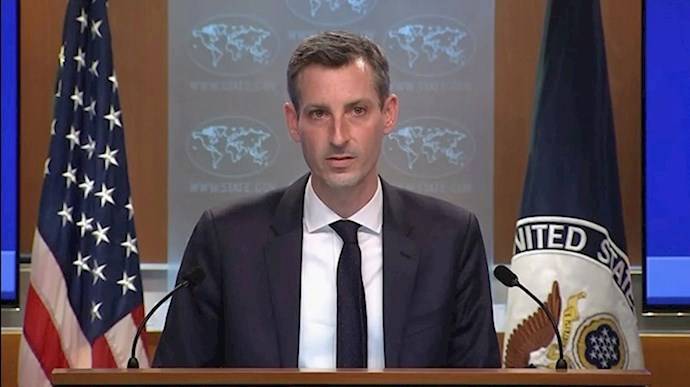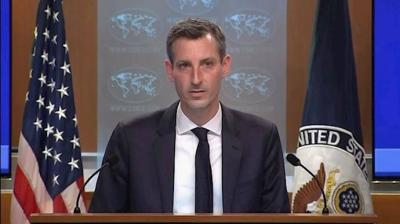The United States has announced its acceptance of the European invitation for dialogue with Iran.
U.S. State Department spokesperson Ned Price confirmed that the United States has accepted the European invitation for dialogue with Iran, noting that the offer has been on the table for a week. The spokesperson declined to set a timeframe for the American proposal presented to Iran. European Union Foreign Policy Chief Josep Borrell stated that the nuclear agreement is a product of diplomatic efforts that we take pride in, and Iran has committed to it for a long time. Borrell emphasized the importance of getting the nuclear agreement back on track and building trust among the parties involved.
Regarding relations with Russia, Josep Borrell revealed that the United States has asked the EU to coordinate positions with it concerning Russia, indicating that Russian individuals will be added to the European sanctions list. Earlier, Tehran announced that it is considering a proposal submitted by the EU to participate in an informal meeting attended by the United States and the other members of the nuclear agreement. An Iranian official confirmed that there is no meaning in returning to the agreement without verifying Washington's seriousness.
Iran's Deputy Foreign Minister Abbas Araghchi stated that the country is considering the European proposal to hold a meeting involving Washington and Tehran. On another note, U.S. National Security Advisor Jake Sullivan affirmed on Sunday that the United States is ready to reach a binding agreement with Iran if it returns to compliance with its obligations. Sullivan stated in a press interview that Iran has not yet responded to the negotiation invitation, asserting that "it is the one in isolation right now, not the United States," adding that "the ball is now in its court." The U.S. official emphasized that President Biden's administration believes that diplomacy is the best way to prevent Tehran from acquiring a nuclear bomb. He also mentioned that Tehran has refused to cooperate with the International Atomic Energy Agency in the efforts to ensure that Iran's program is not used for weapons production.




